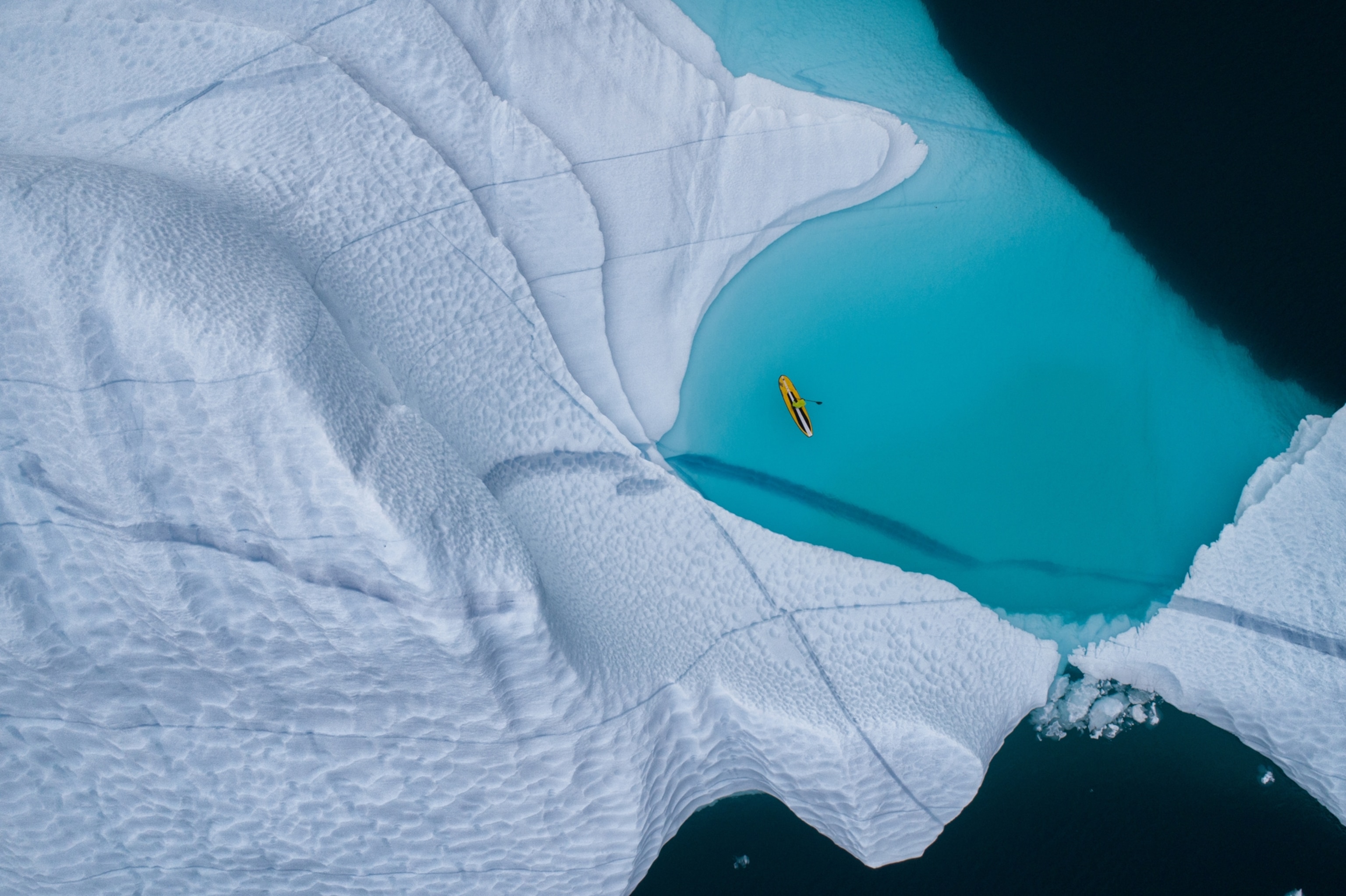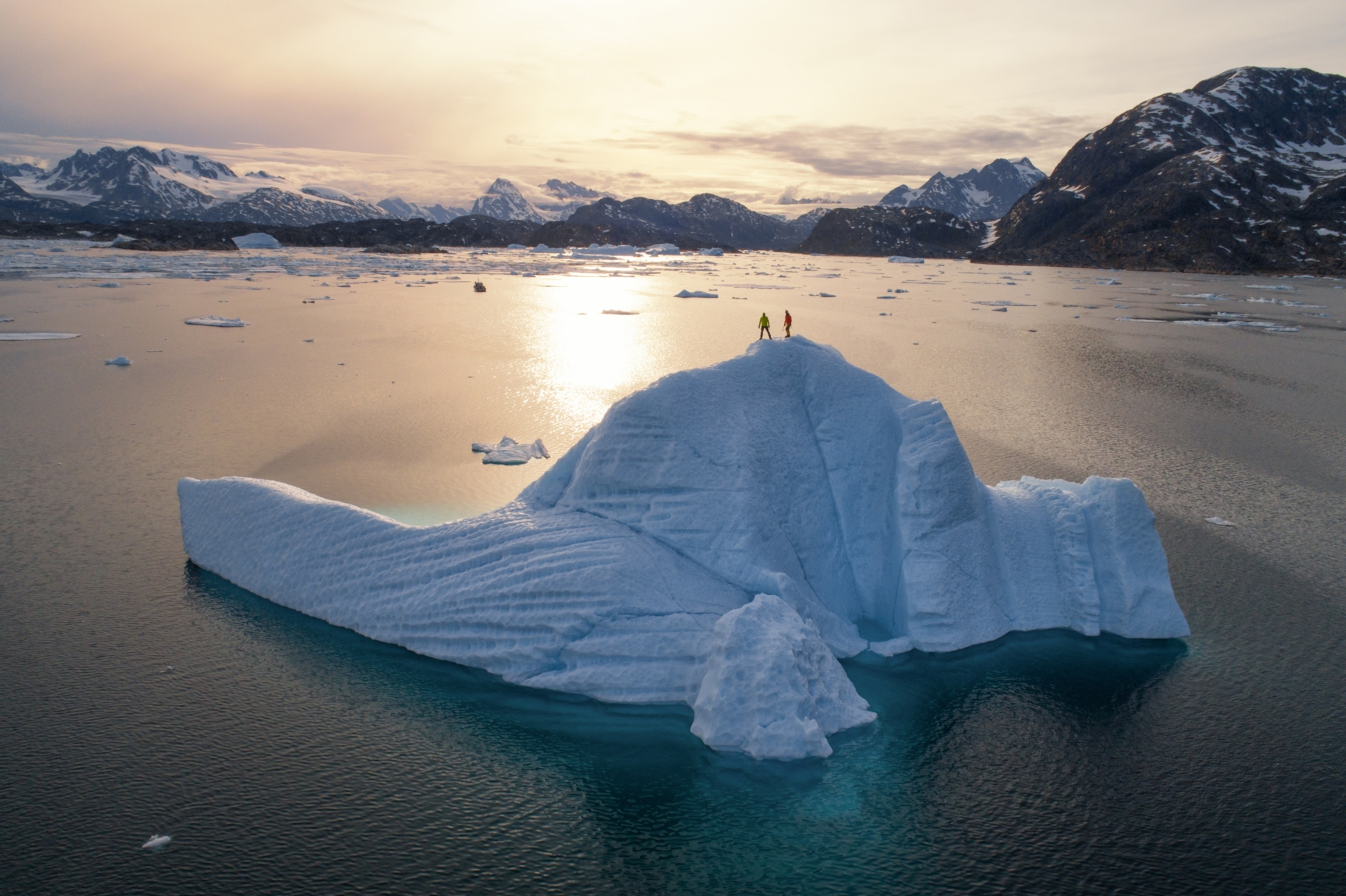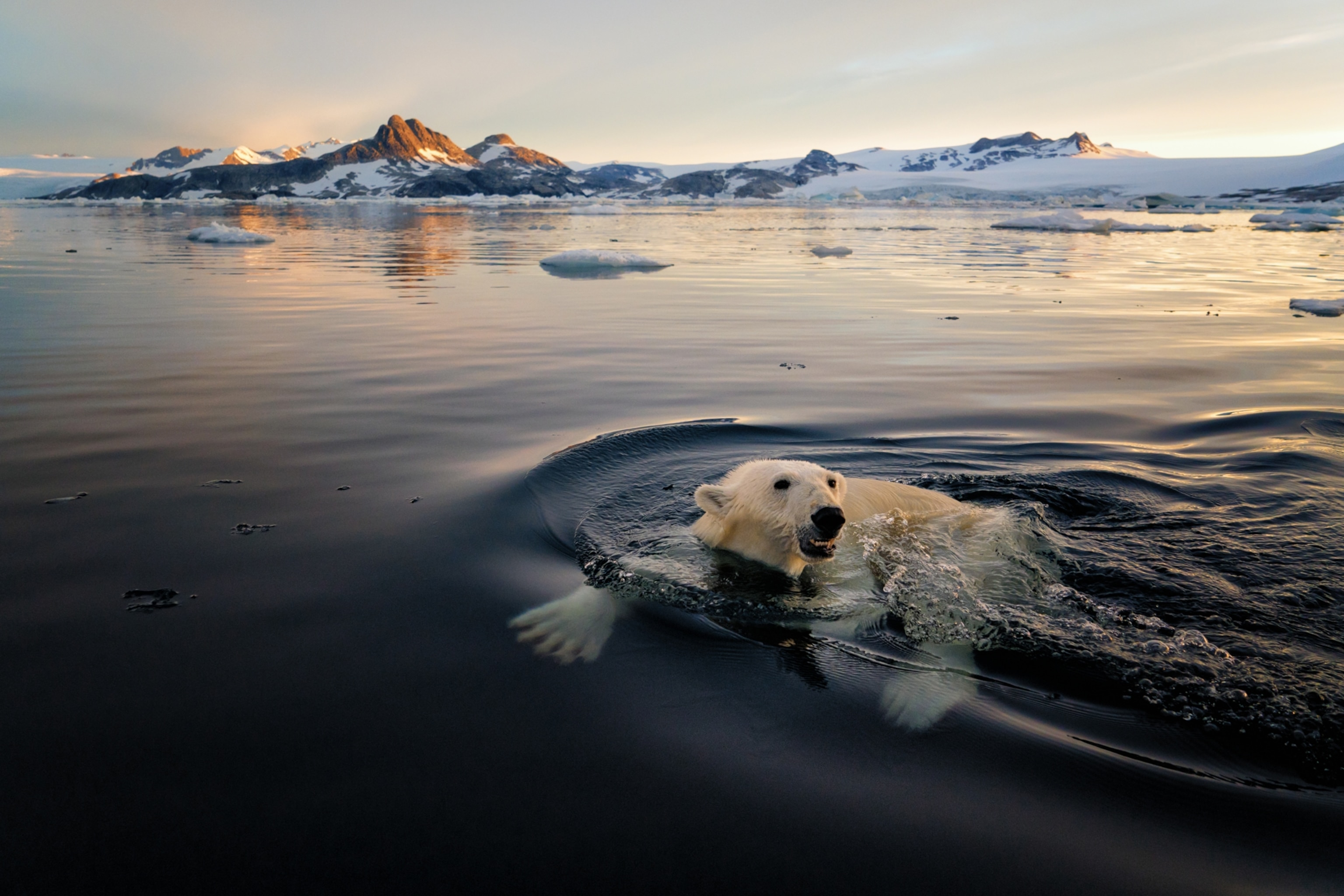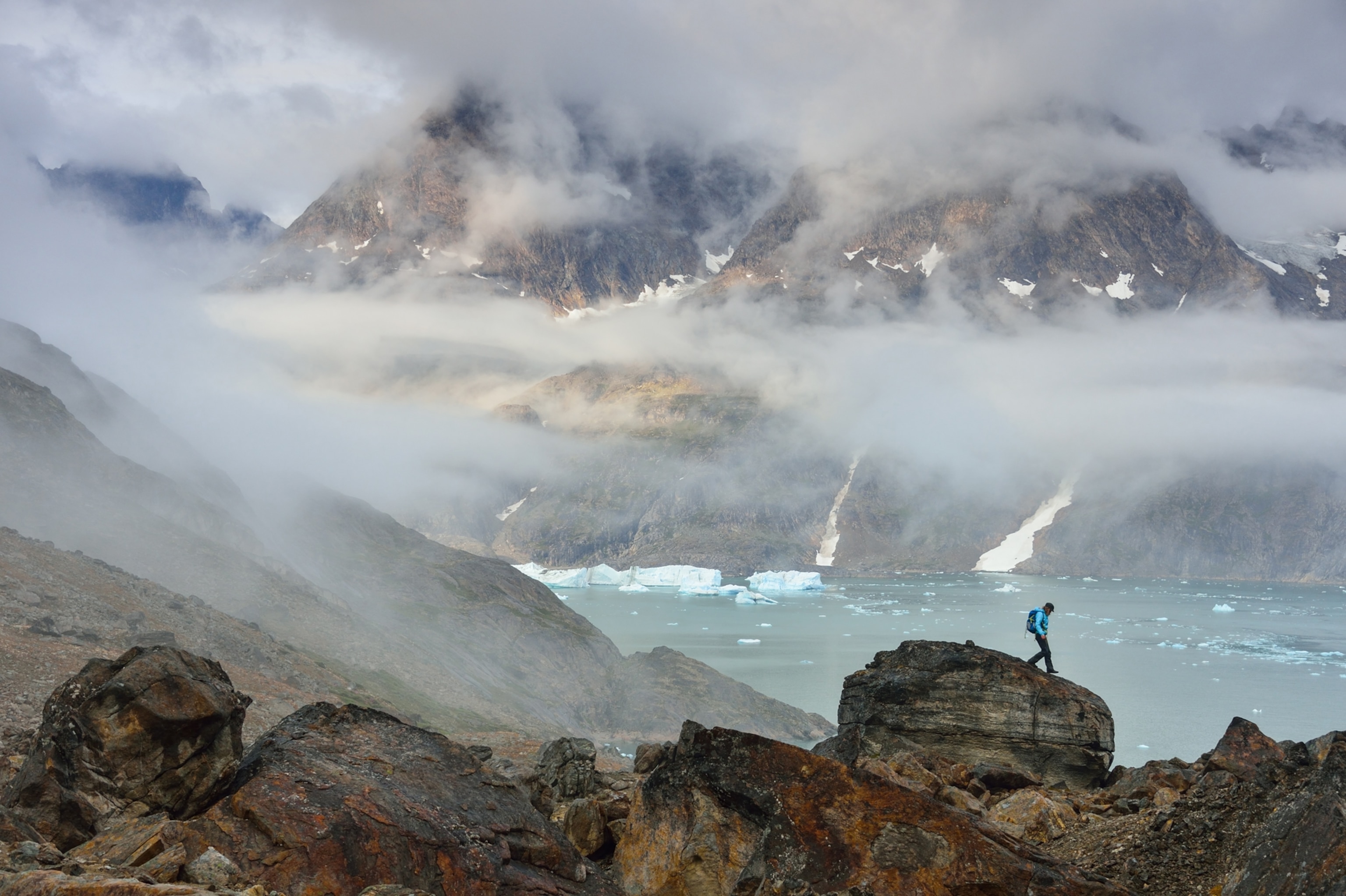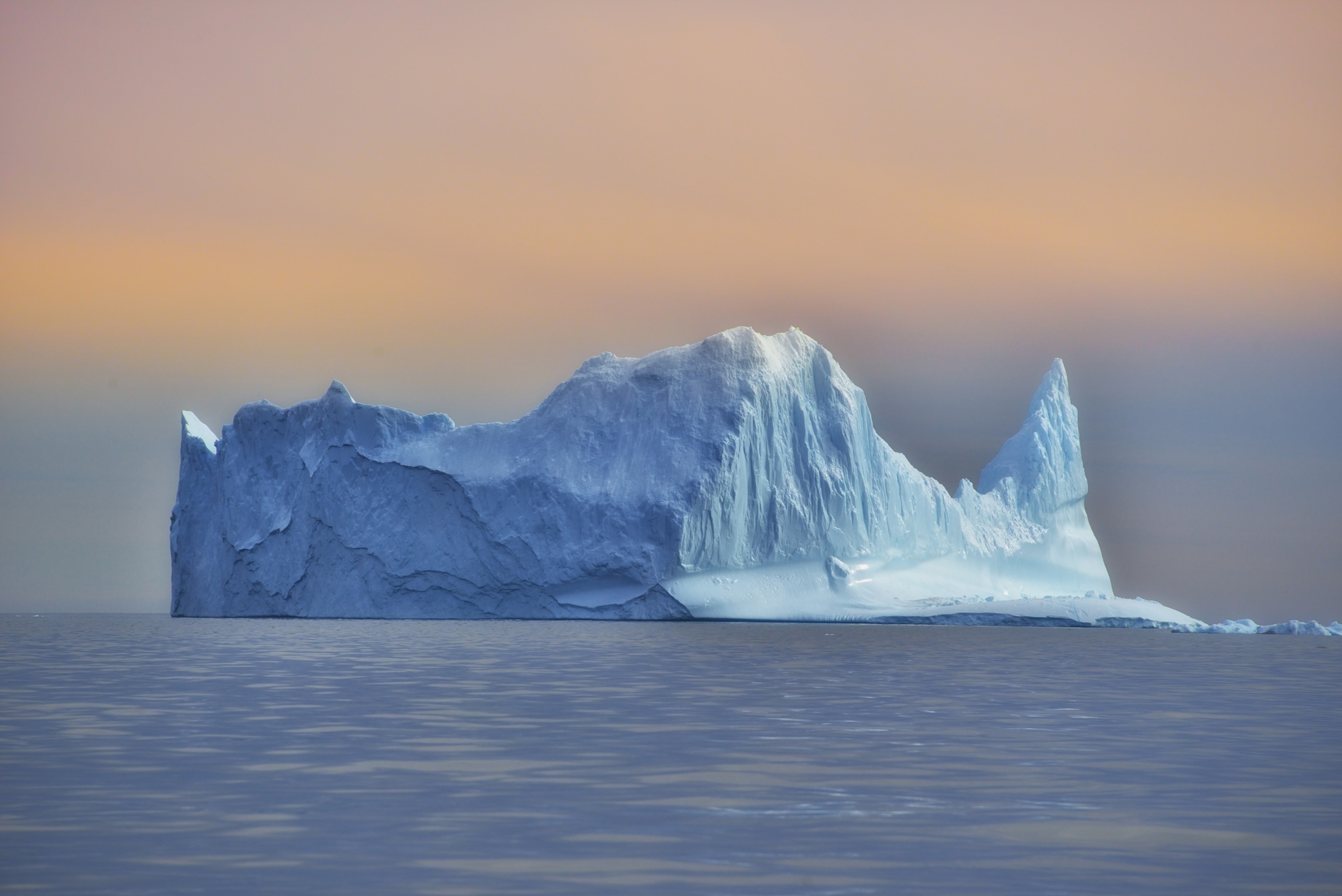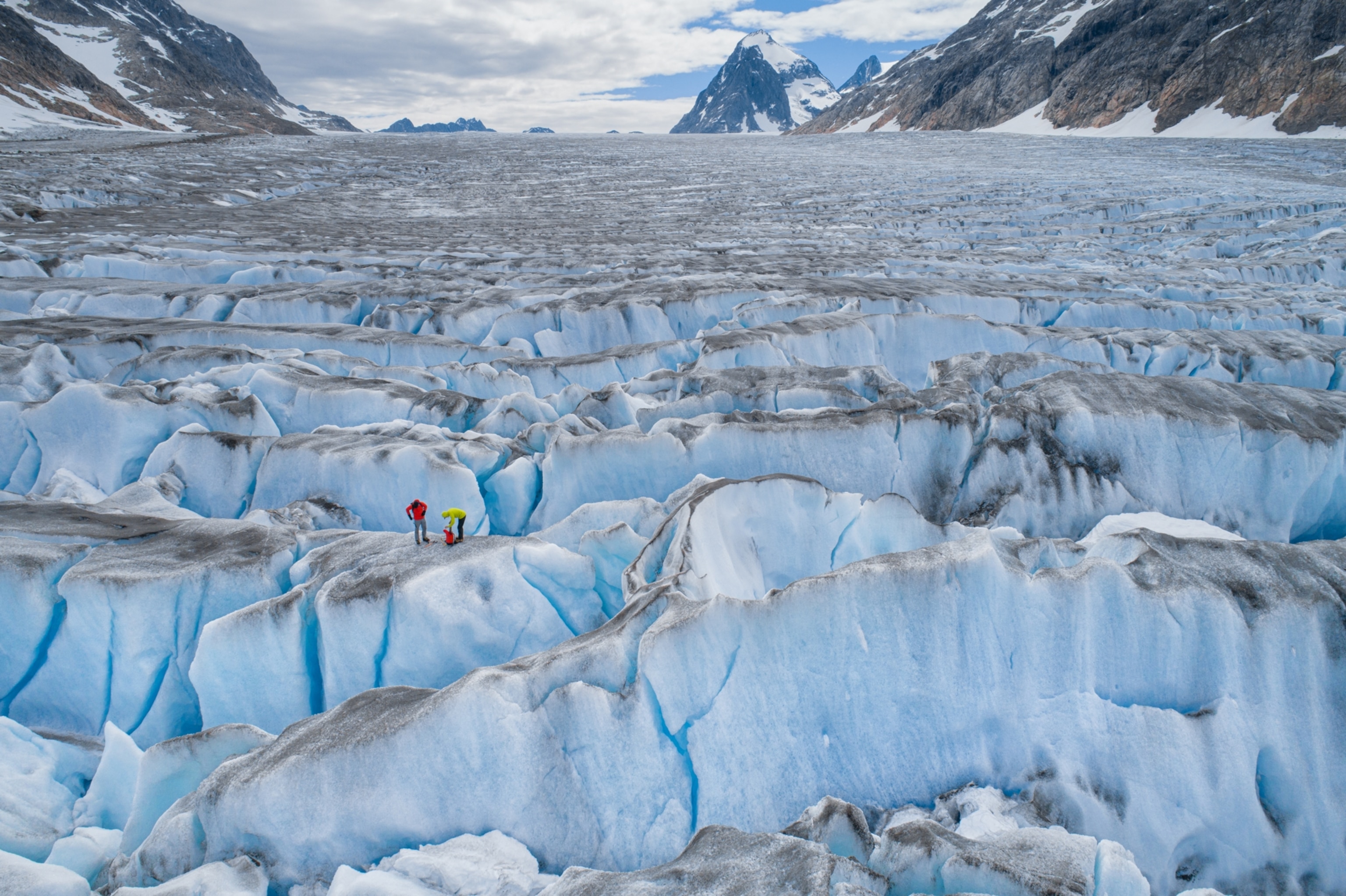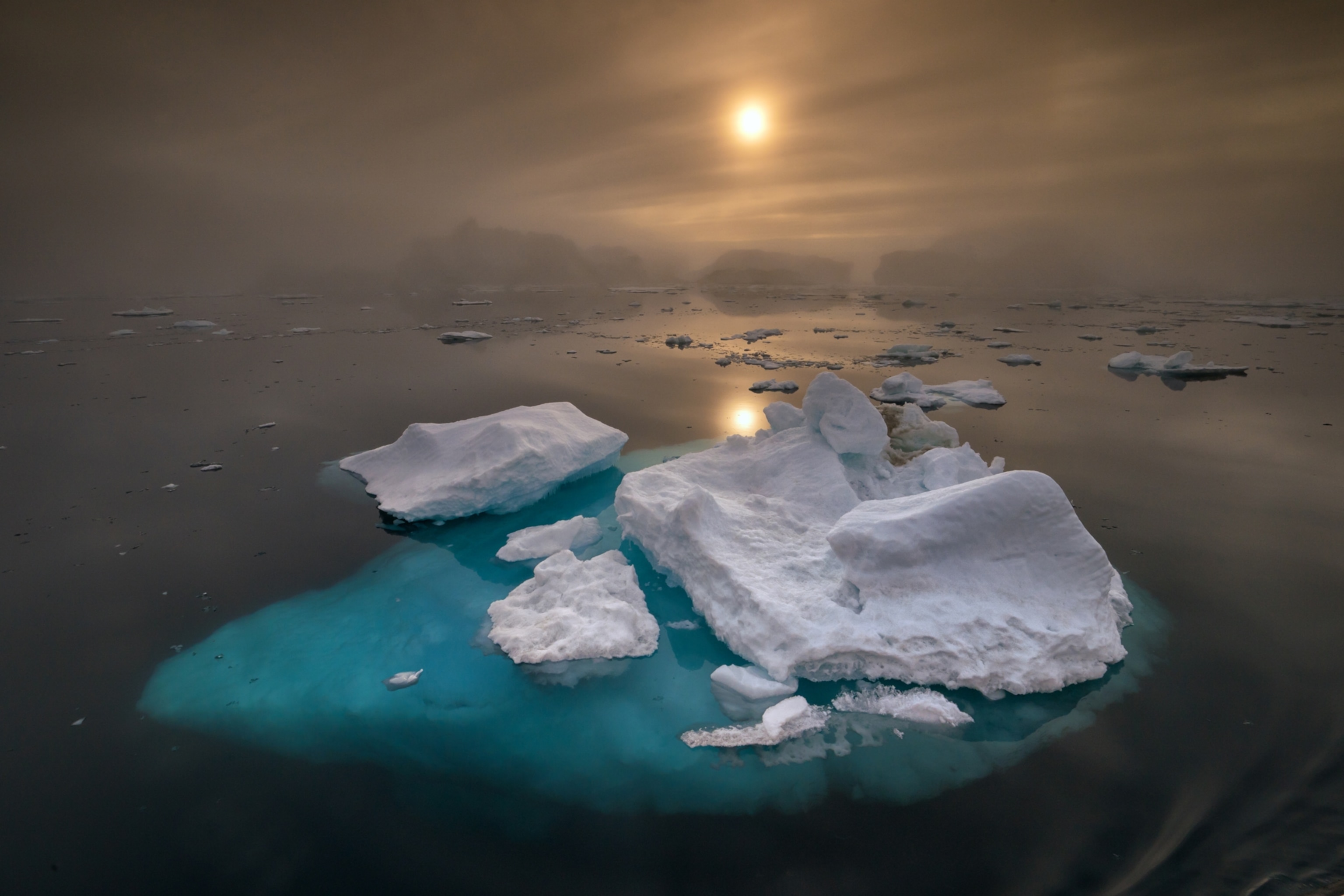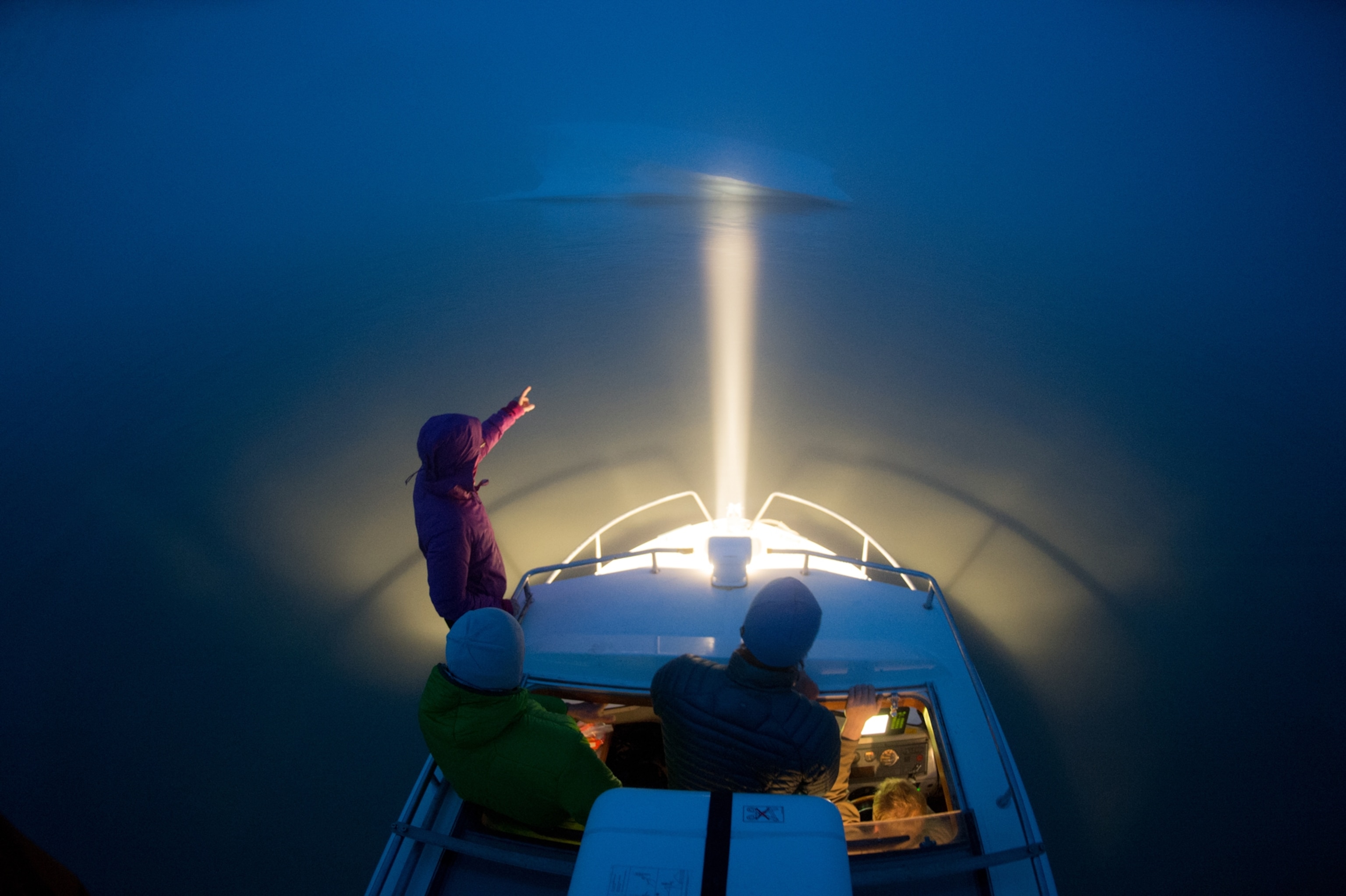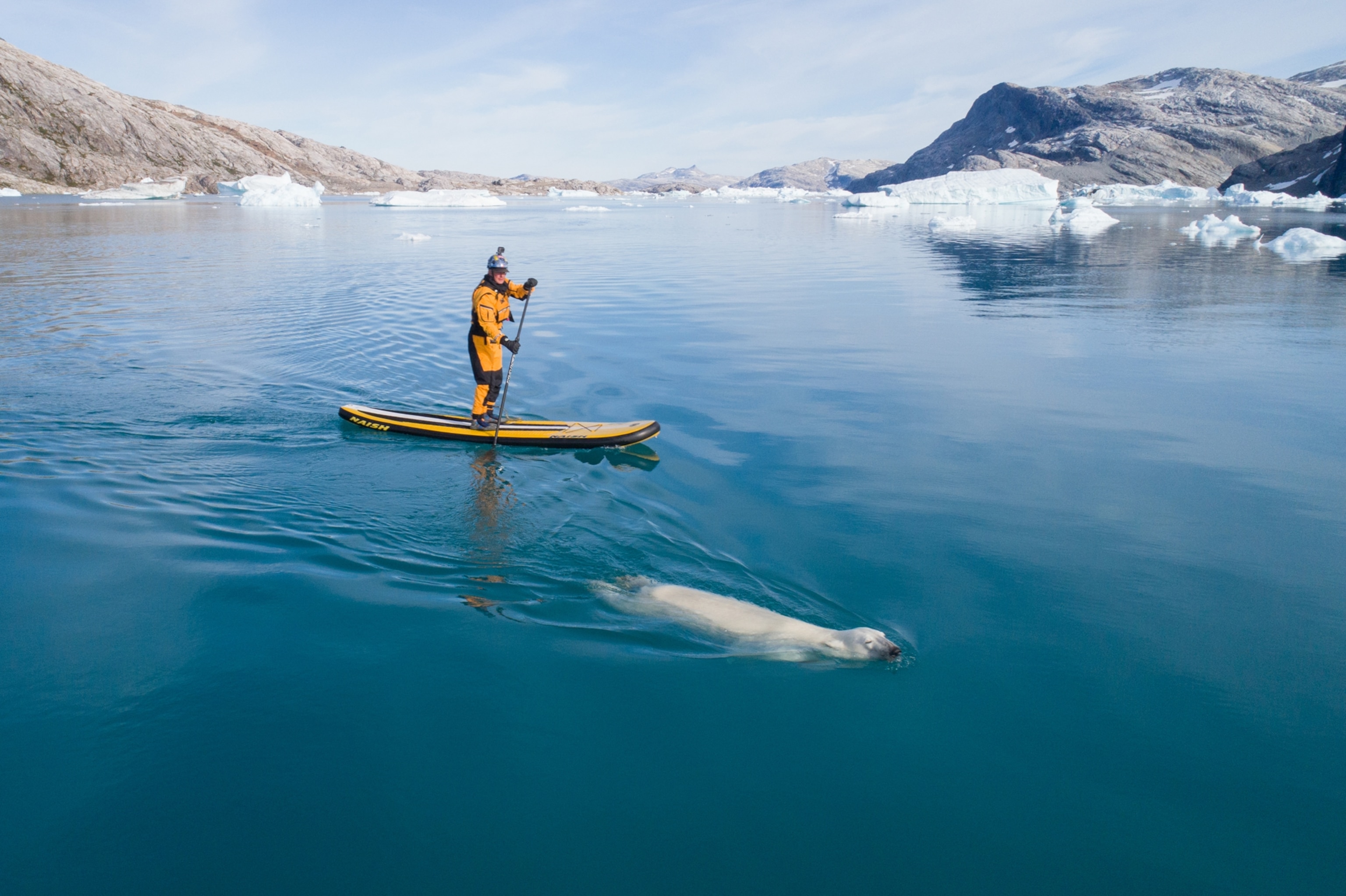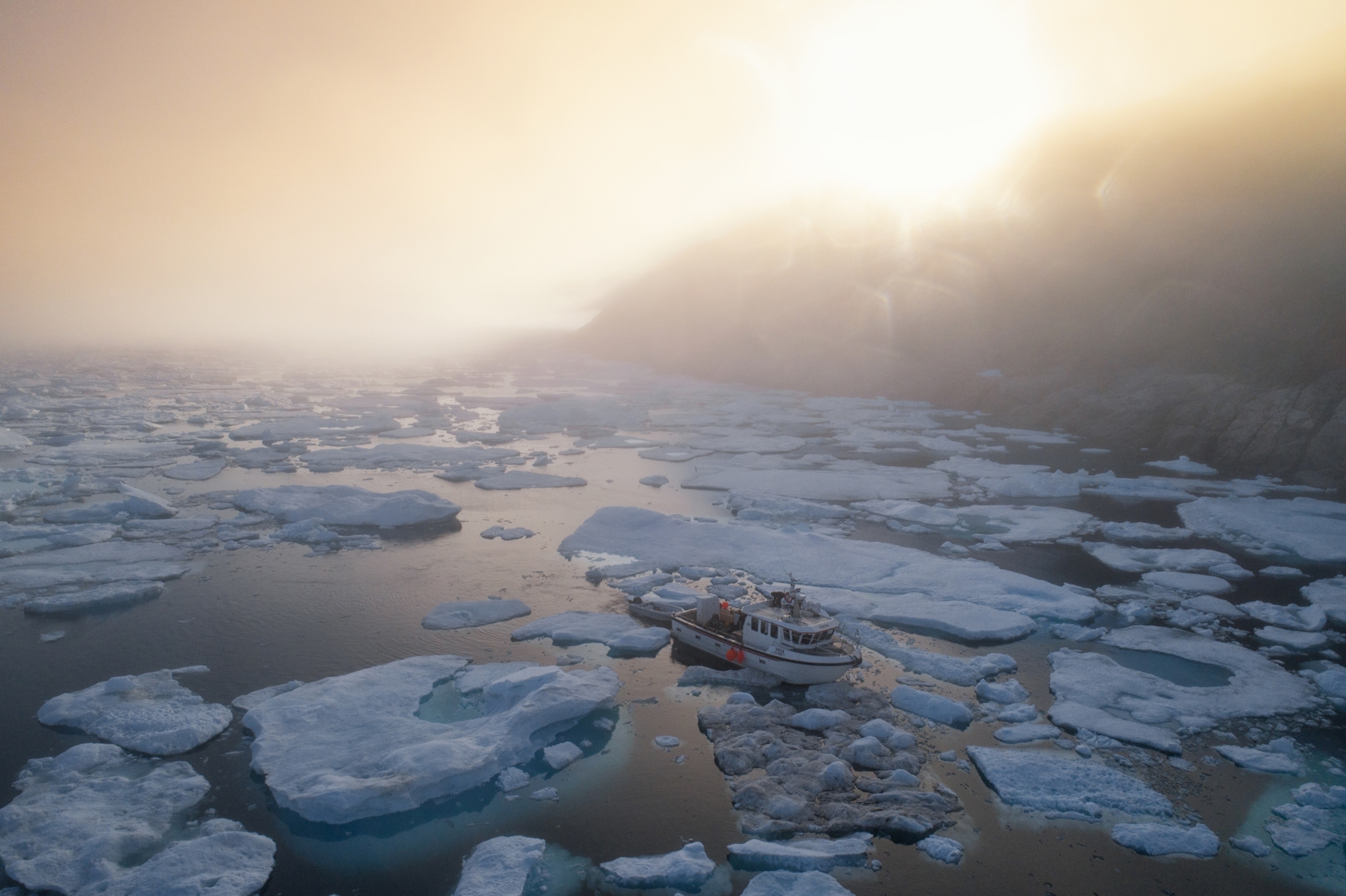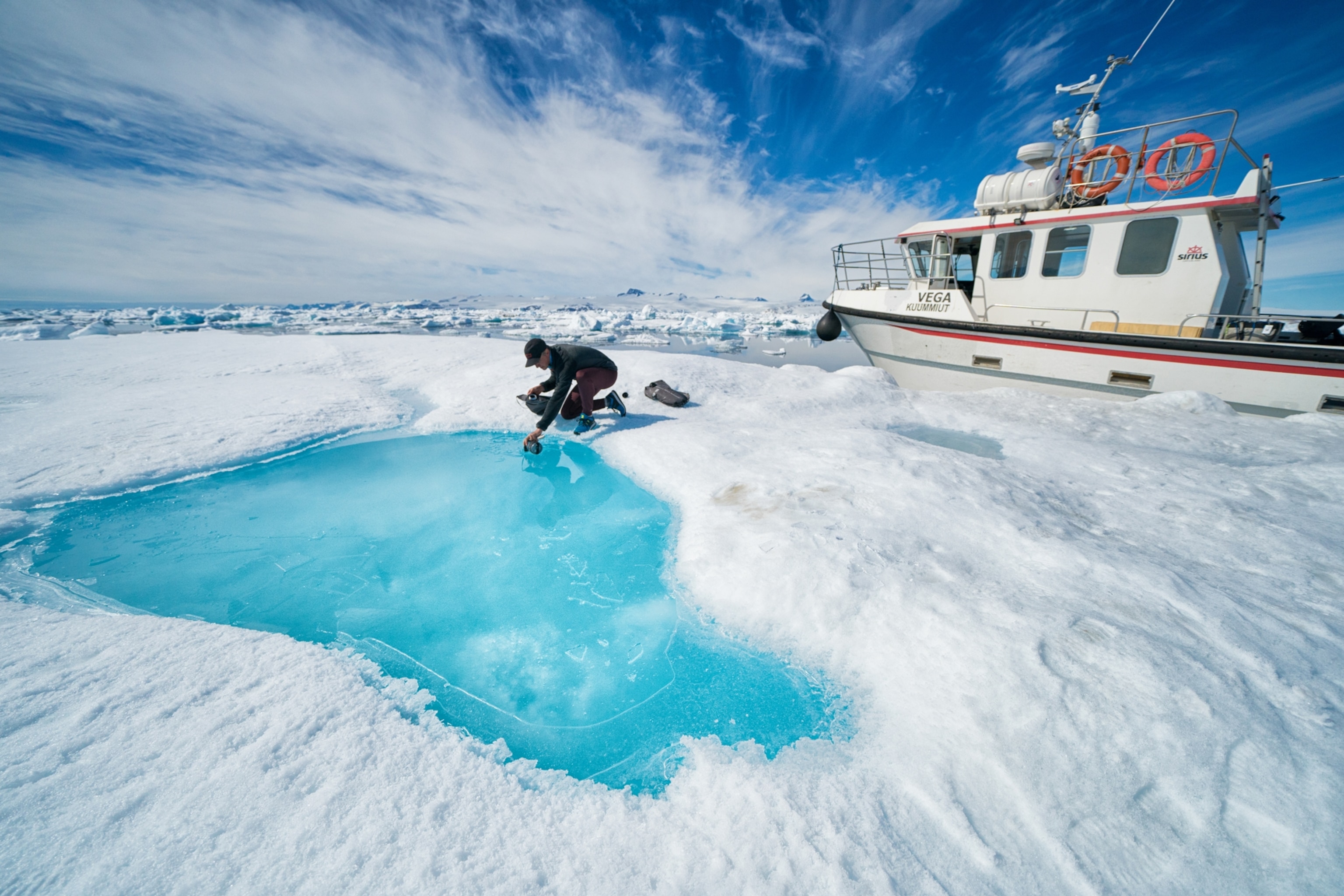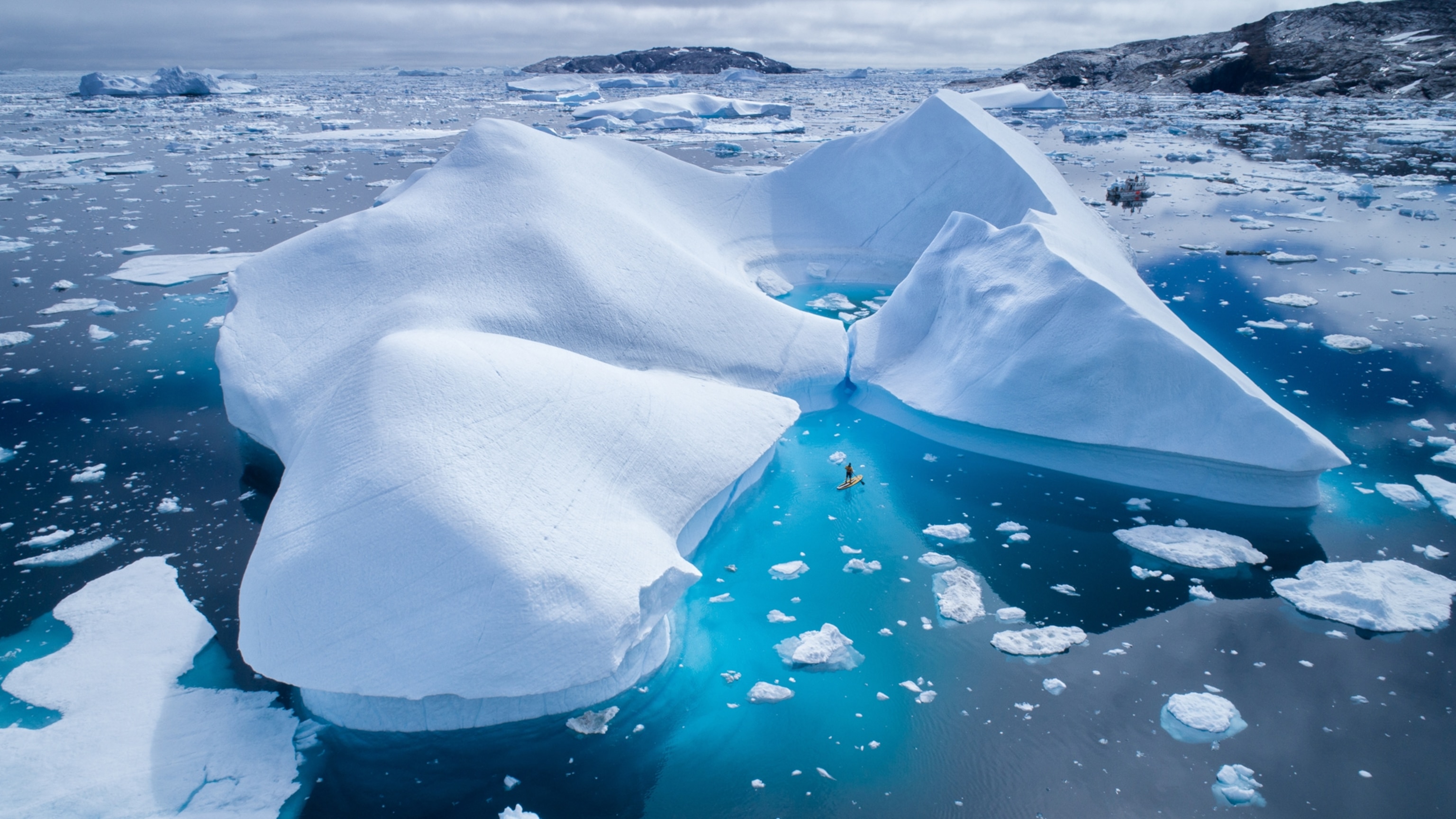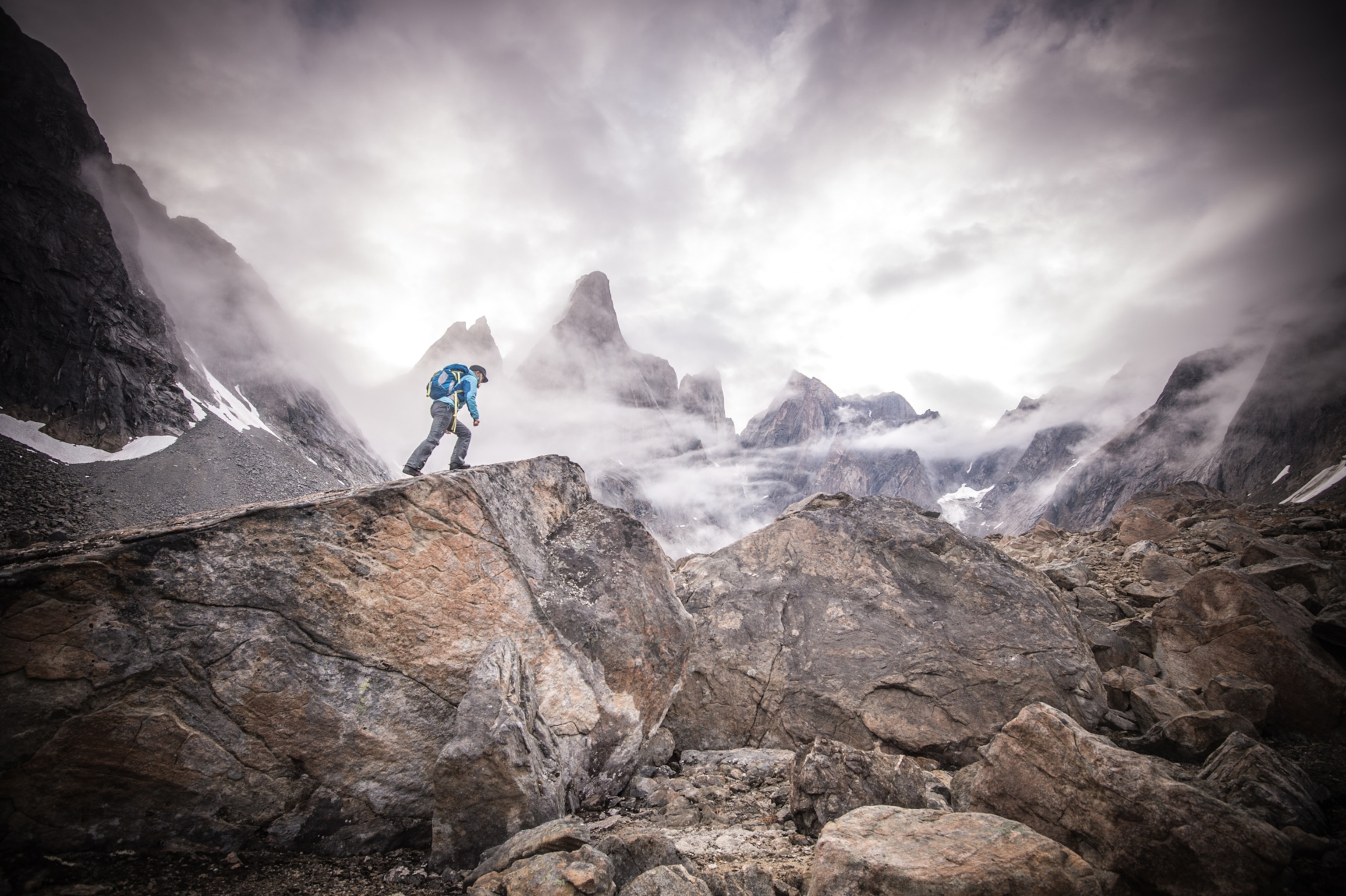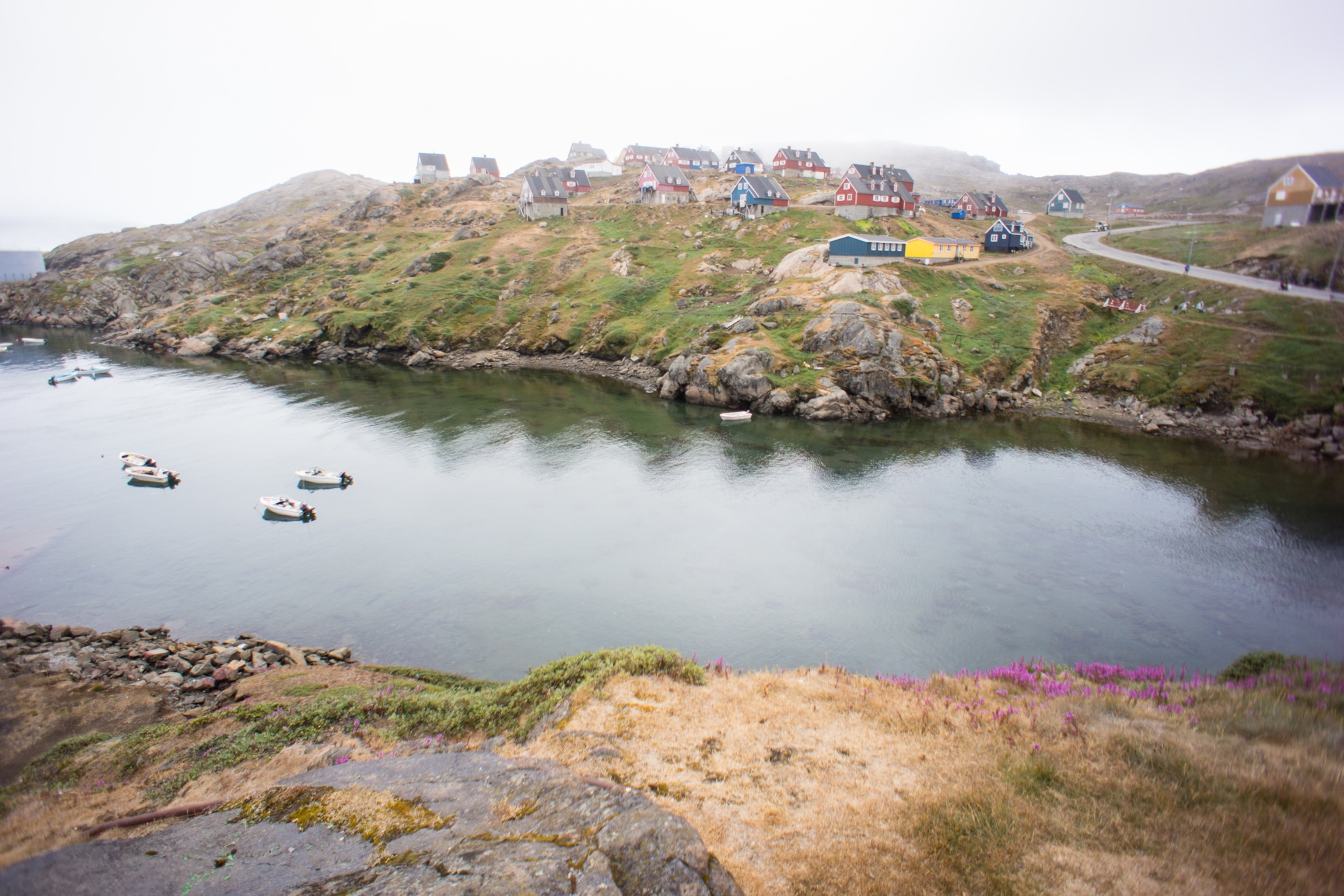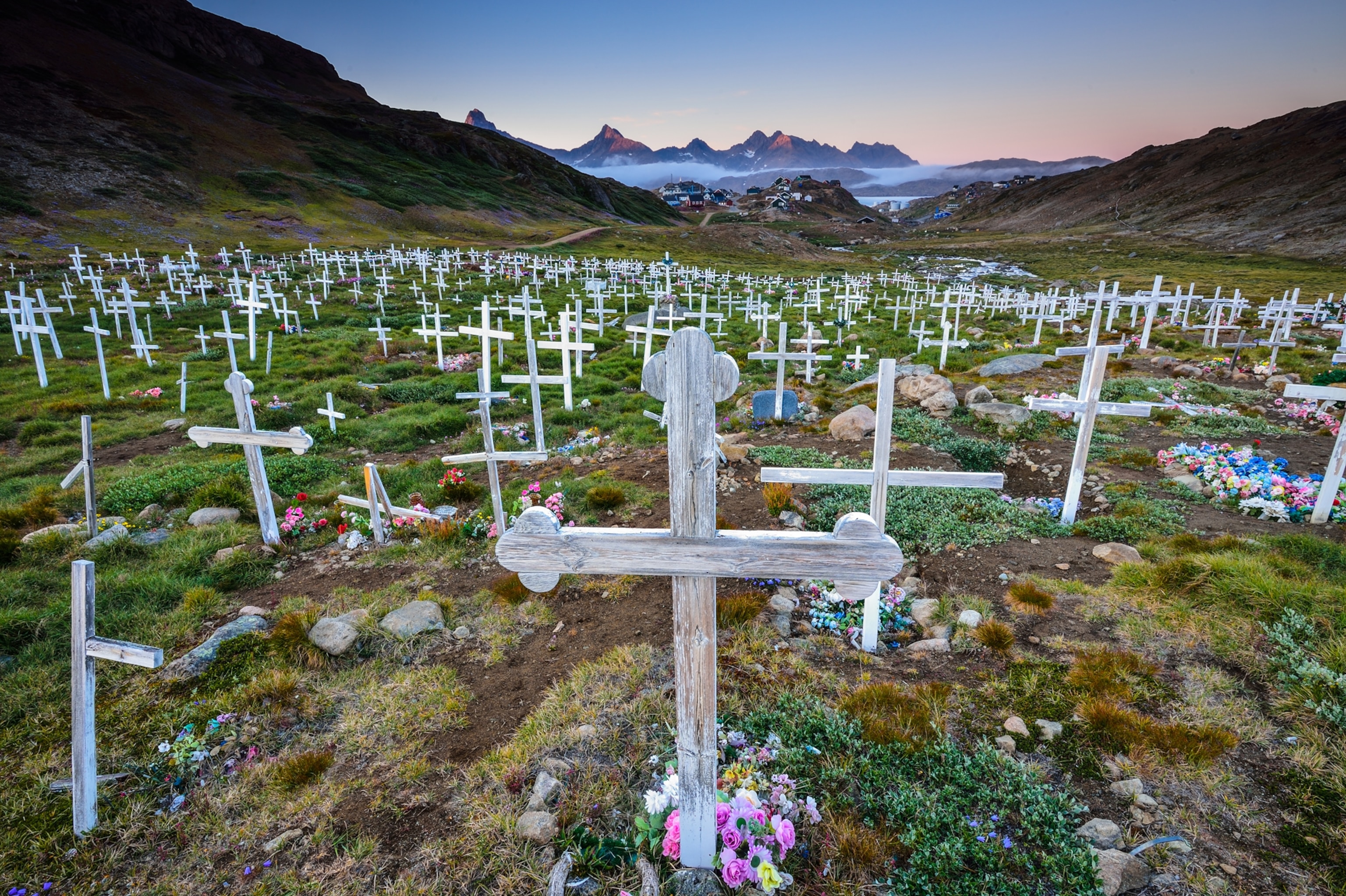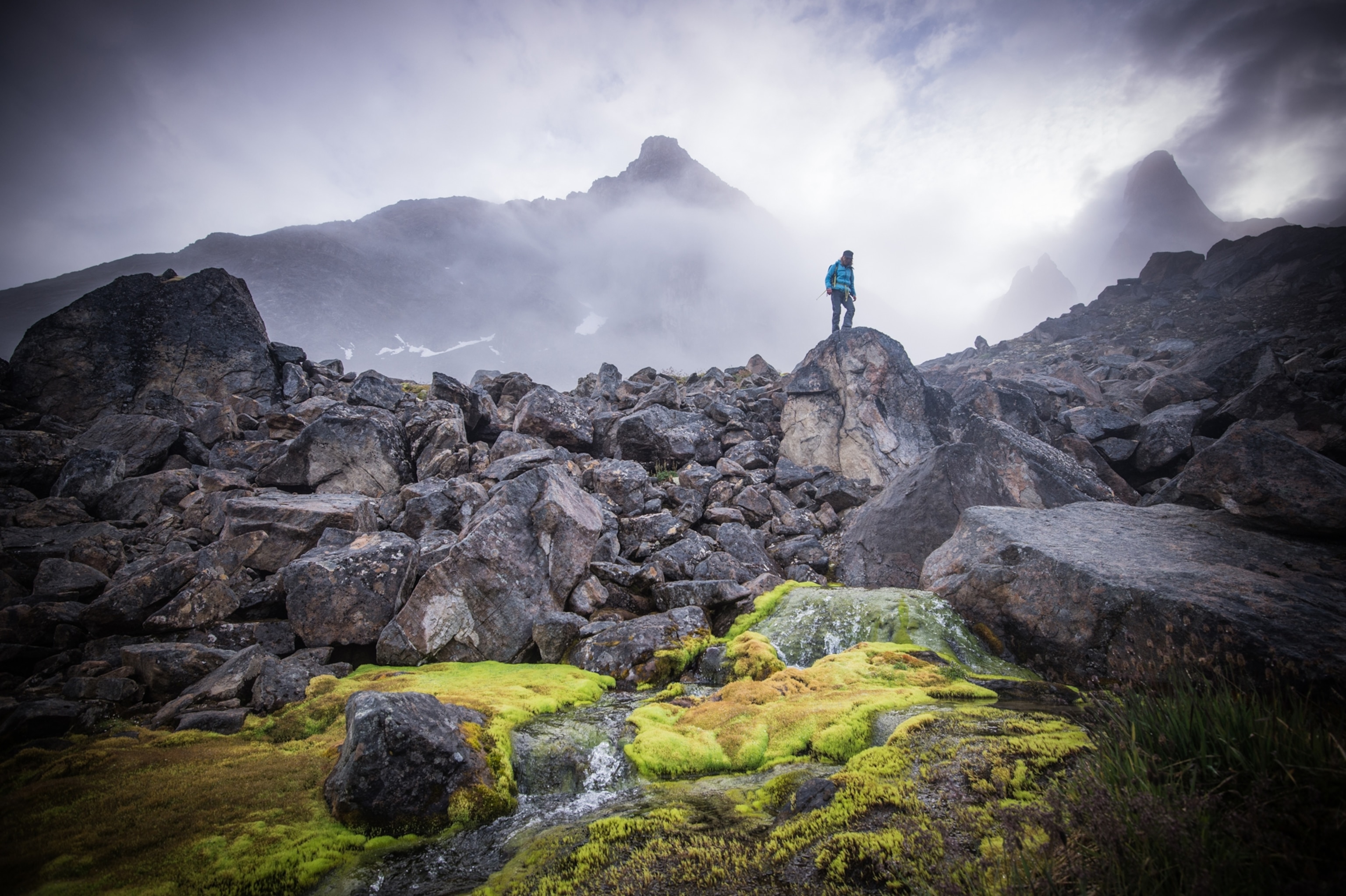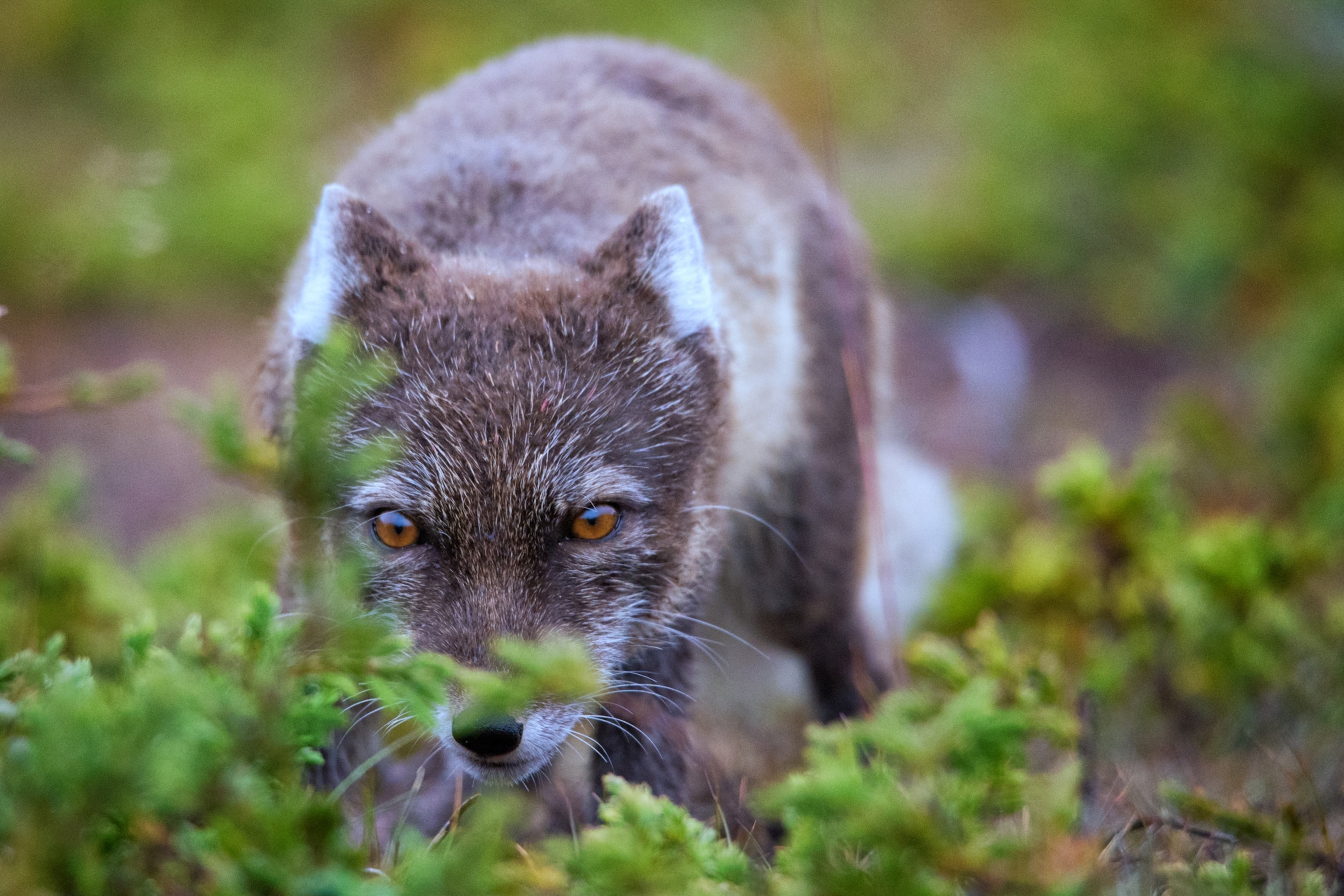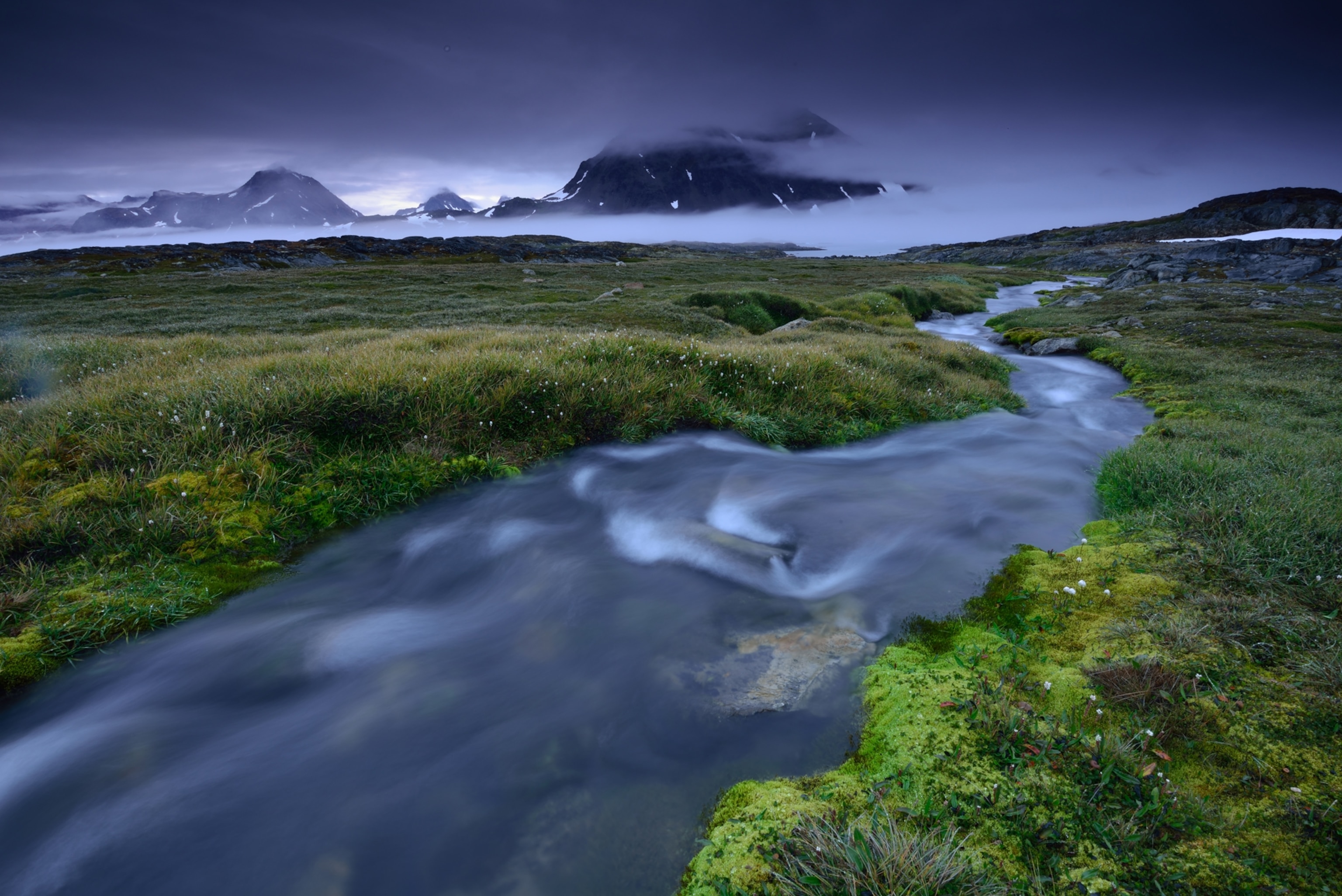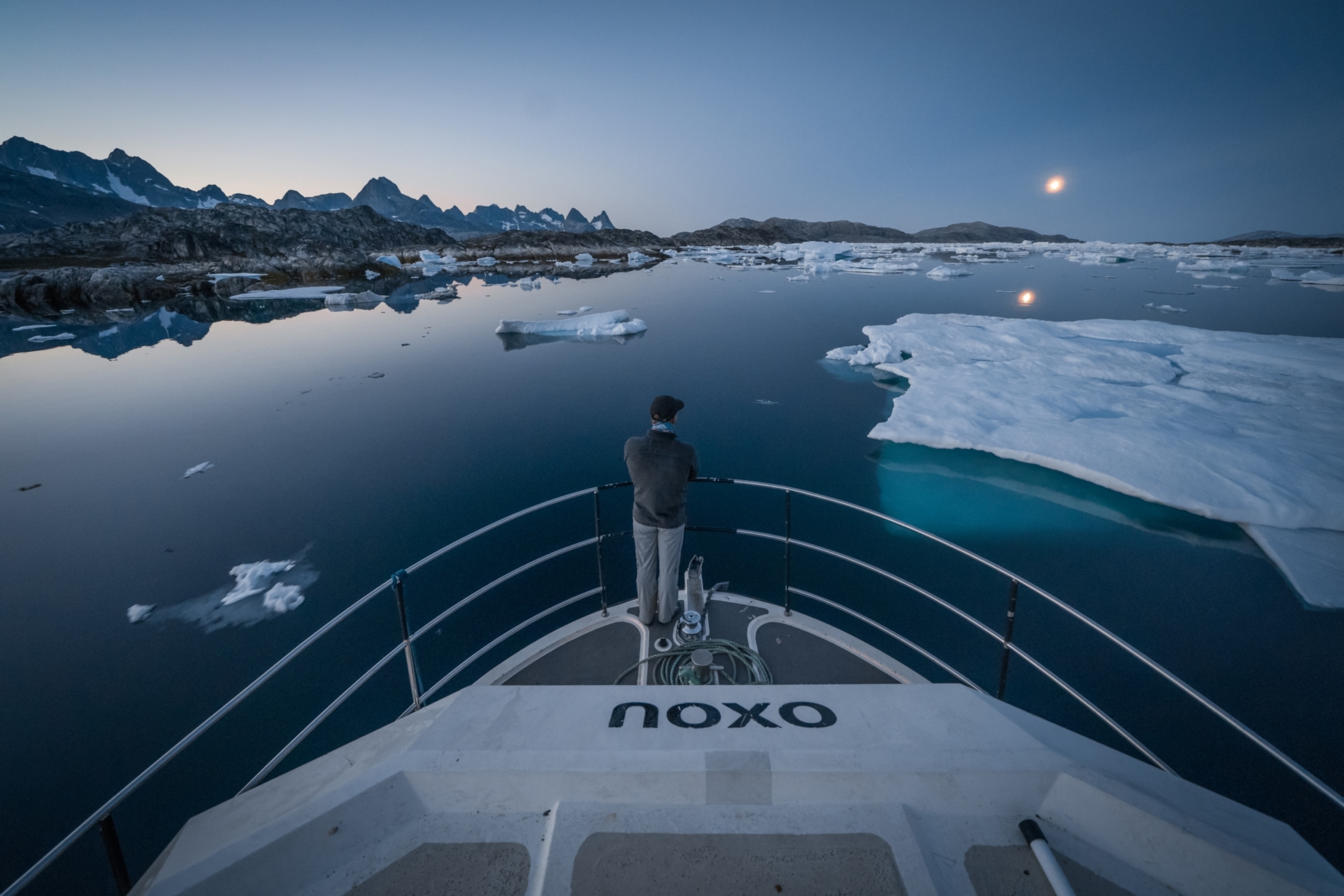Greenland, the ice-covered semi-autonomous Danish territory straddling the North Atlantic and Arctic Oceans, is not for sale. That, at least, is the message recently clarified in a tweet by Greenland’s Ministry of Foreign Affairs, one that served the double purpose of describing the natural riches of the world's largest island.
“#Greenland is rich in valuable resources such as minerals, the purest water and ice, fish stocks, seafood, renewable energy and is a new frontier for adventure tourism,” begins the Ministry tweet.
The message is in response to news reports Thursday that President Donald Trump has been floating the idea of purchasing the 800,000-square-mile island during meetings and with aides. It wouldn’t be the first spark of interest: U.S. officials reportedly attempted to purchase the island in 1946 shortly after World War II and just as the Cold War with the U.S.S.R. was beginning.
Strategically located in what is becoming a hotly-contested Arctic, Greenland is nonetheless not on the auction block. The Ministry of Foreign Affairs tweet concluded with multiple emojis depicting a snowflake, an ice-covered mountain, a water-blowing whale, a lobster, the red and white flag of Greenland, and a clear message:
“We’re open for business, not for sale.”

